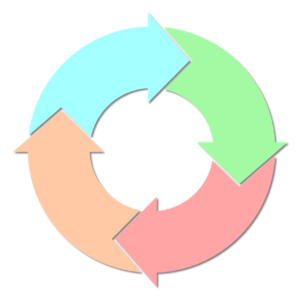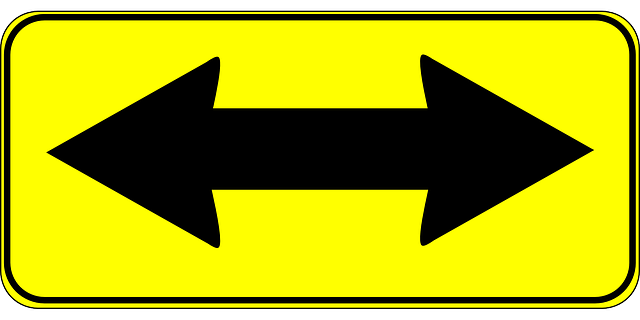Questions are created by changing the word order
statement
It will rain tomorrow
He will say goodbye tomorrow at the pub.

by placing the auxiliary before the subject, we create a question
question
Will it rain tomorrow?
Will he say goodbye tomorrow at the pub?
We use do/does in present simple questions
Do you know what your are doing?
Which terminal does the red wire connect to?
Do eany of you know what you are doing?
Past simple questions we use did
Did the response change the way they felt about an collective movement?
Did she or did she not tell you to not use a hairdryer in the bath?
Did’nt we look at the past perfect continuous 3 weeks ago?

Do/does to emphasise
I do try my best! [not that this is more emphatric than ‘I try my best’]
She does do an amazing job!
No I don’t like coriander as to me, it tastes like soap.
preposition positions in questions
Why did you do that for?
Who did you give the money to?
So, where are we at? [what do you think? what have you decided?]

expressions with do
We are going to have a bit of a do. [informal]
a type of celeberation, maybe a party
Do me a favour! [very informal]
what are you doing?
oh come on!
what is going on here?
someone is angry about somehting that is happening and is complainIng
What a do gooder. [slang]
Sarcastic way of referring to someone who always likes to help someone. Sarcasm is relevent becuse the person making the comment is not happy about it. Can be considered an insult.
What a ‘to do’. [very informal]
Refers to a drama.
Could be a fight or an argument.
There was a to do outside the pub late on Saturday night.

